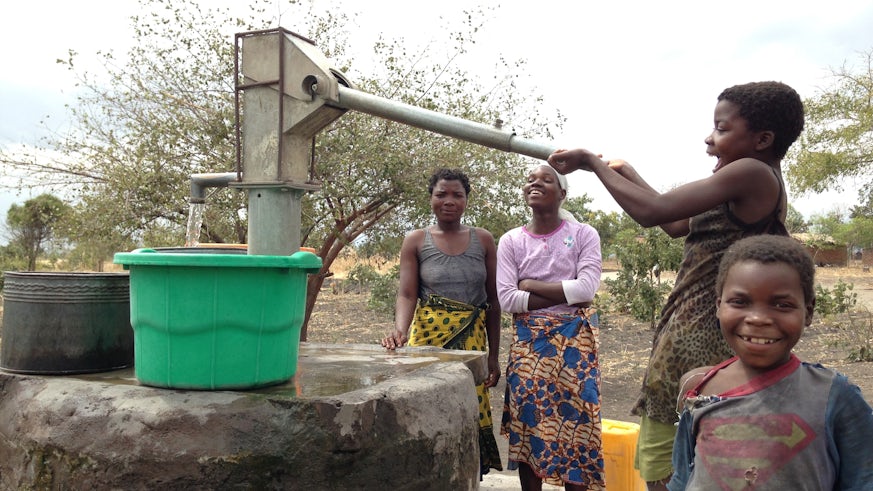Professor contributes to new mining curriculum for Malawi
23 September 2016

Professor Thomas Blenkinsop from the School of Earth and Environmental Sciences, has assisted in the development of a new mining curriculum for the Mining Governance and Growth Support Project of Malawi.
The Mining Governance and Growth Support Project (MGGSP) is a $30 million project co-funded by the World Bank and European Union. Its aim is to develop better resources and provision for Malawi’s blossoming mining industry. A review of current mining programmes highlighted several gaps in the current education being provided, the improvement of which has become a focal point of the project.
A new BSc in Geology, which Professor Blenkinsop has assisted in developing, aims to become an internationally competitive three-year degree scheme which will specialise in mining geology, and emphasise geological field skills, geoethics, and problem-solving and communication skills. The course is intended as an improvement to the current curriculum being taught in the country and has been welcomed by government, industry and academic experts at a National Consultative Stakeholder’s Curriculum Review which took place in August.
Professor Blenkinsop pointed out that: “We need to enhance field-based teaching in order to improve the student’s hands-on experience. Graduates should be able to design and manage mining related field projects such as an independent mapping study, which includes the vital skills of rock and mineral identification. They also need to be able to address social and environmental aspects of mining, because geologists are commonly the interface between the mining industry and communities affected by mining.”
The review of the geography and Earth sciences programmes is considered crucial in Malawi as it will assist in shaping the future of the mining sector and the development of the country itself. Geosciences in general will also play a crucial role in the development of the country in a number of other ways related to the mining industry, such as geo-hazards, water resources, climate, infrastructural development and land-use and planning.
The new curriculum will now go through the country’s approval process.